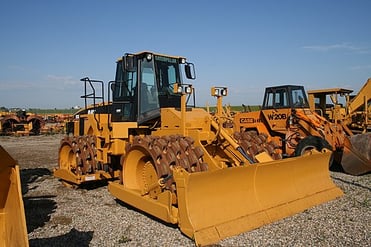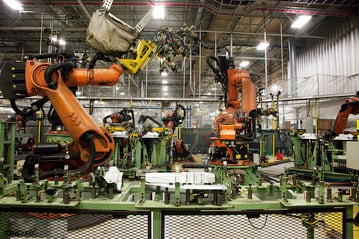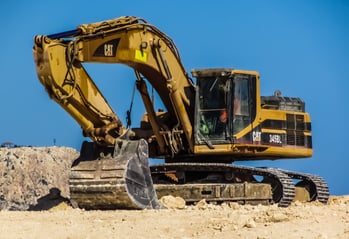
When it has been determined by you and your equipment appraiser that a personal site visit will be part of the overall valuation effort, there will be a few things to plan for ahead of time as well as during the inspection to ensure an efficient and effective process. Here are the two most critical items to prepare before the appraiser arrives.
Preliminary Asset Records
For an appraiser to quote a valuation project, they will require an understanding of the asset content of your business. If there are only a handful of assets involved, creating an updated detailed listing of the equipment is feasible. If, however, a complete facility appraisal is in order, involving dozens of items, this option will be very time-consuming.
The most common source of documentation immediately available to you will likely come from your accounting department in the form of a capitalized asset depreciation record. This is a good place to start, however, many companies don’t detail all their equipment on this listing and tend to abbreviate descriptions. The three most important components the listing provides to the appraiser is the asset type, year acquired, and acquisition cost. Once on-site the appraiser can work with you during the inspection to fill in the remaining details and add unlisted equipment as necessary.
Scheduling the Site Visit Inspections
Depending on the reason the appraisal is needed, and the type of equipment being valued, the coordination of the inspection process can be a bit tricky.
If the company is being sold or acquired, employees may not be aware of the situation and may become concerned over why an appraiser is spending the day walking around the facility and taking a lot of photographs. There are a couple of options to consider in an effort to alleviate these concerns. The first is to provide an explanation to your employees that supports the reason an appraiser is on site. The most common ones I see used by business owners are that their insurance company or financial institution they utilize requires this as part of a general compliance audit.
The second option is to complete the inspections after hours or on a weekend when the facility is closed. This option also works well when transportation equipment is involved, such as delivery trucks and trailers. These assets are usually on the road during normal hours and will be stored on-site at night and on the weekends, creating a convenient time to complete the work in a timely fashion.
In summary, ensure you engage with an accredited, experienced appraiser, who is familiar with the steps involved and can assist and suggest the best way to move forward seamlessly. A seasoned machinery & equipment appraiser has been through this process many times and will become an asset to you and your business as you work through the sensitivities involved with an on-site appraisal.





